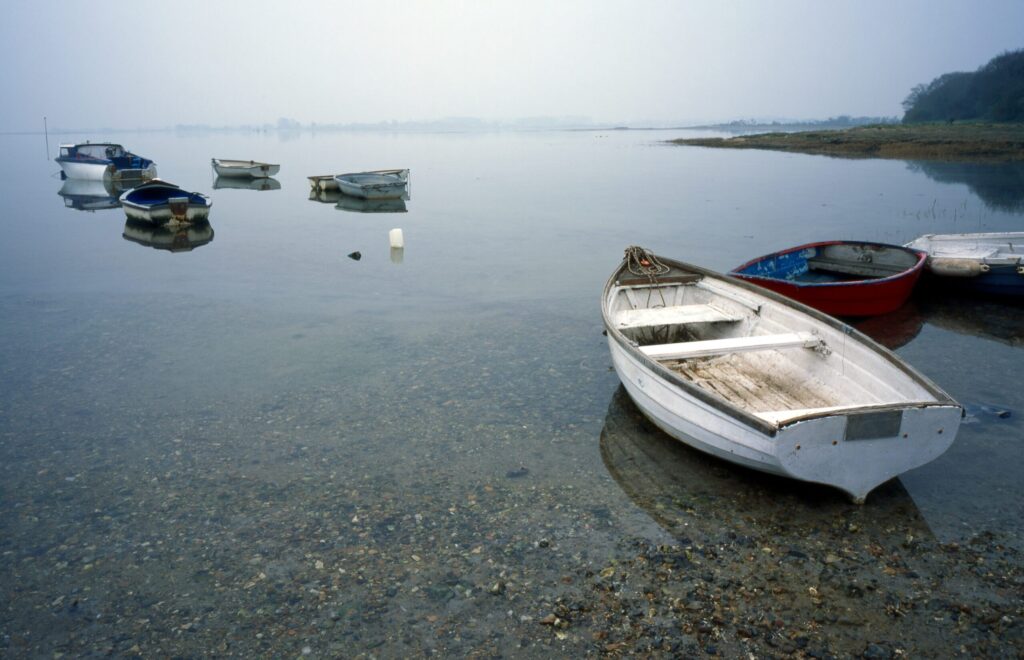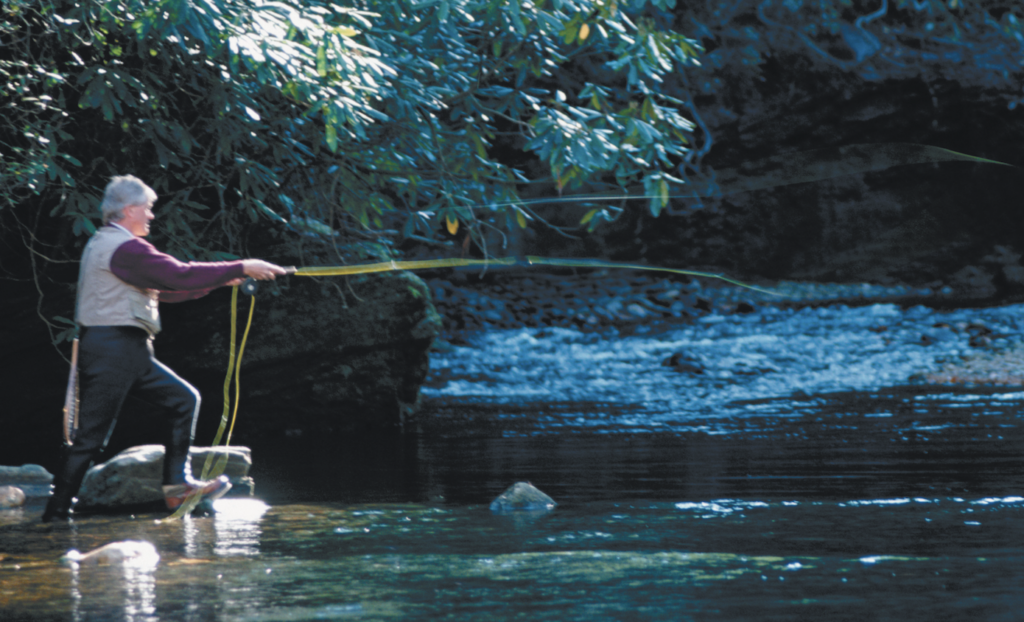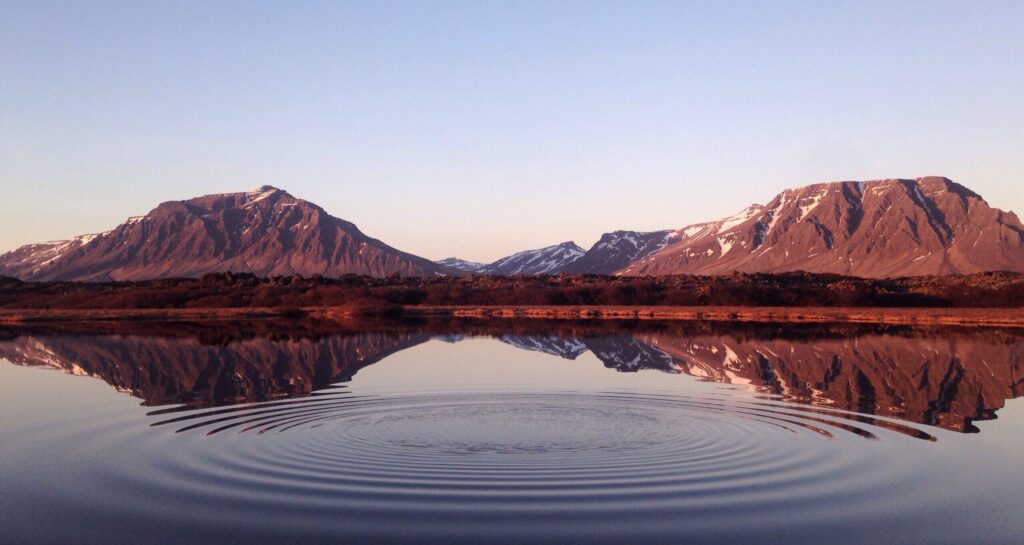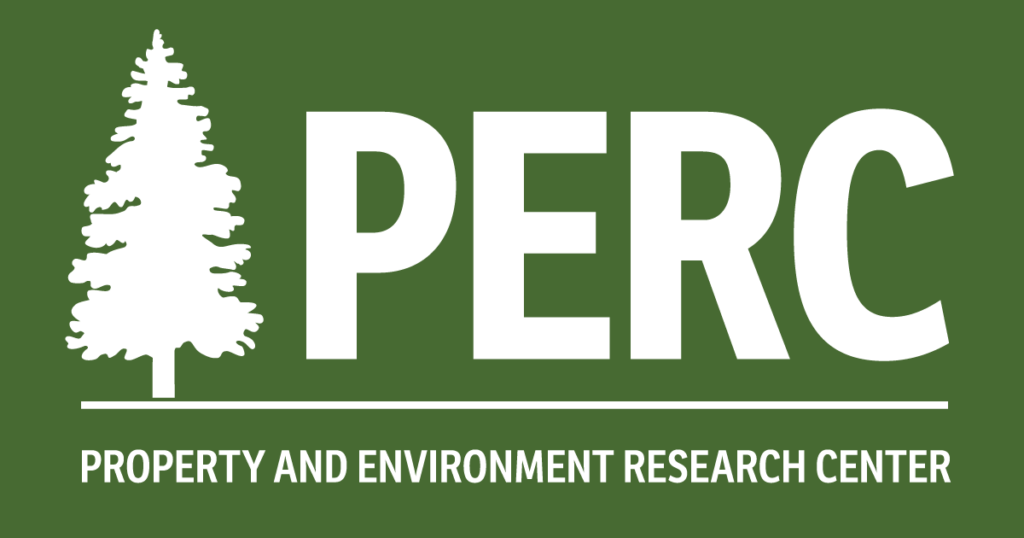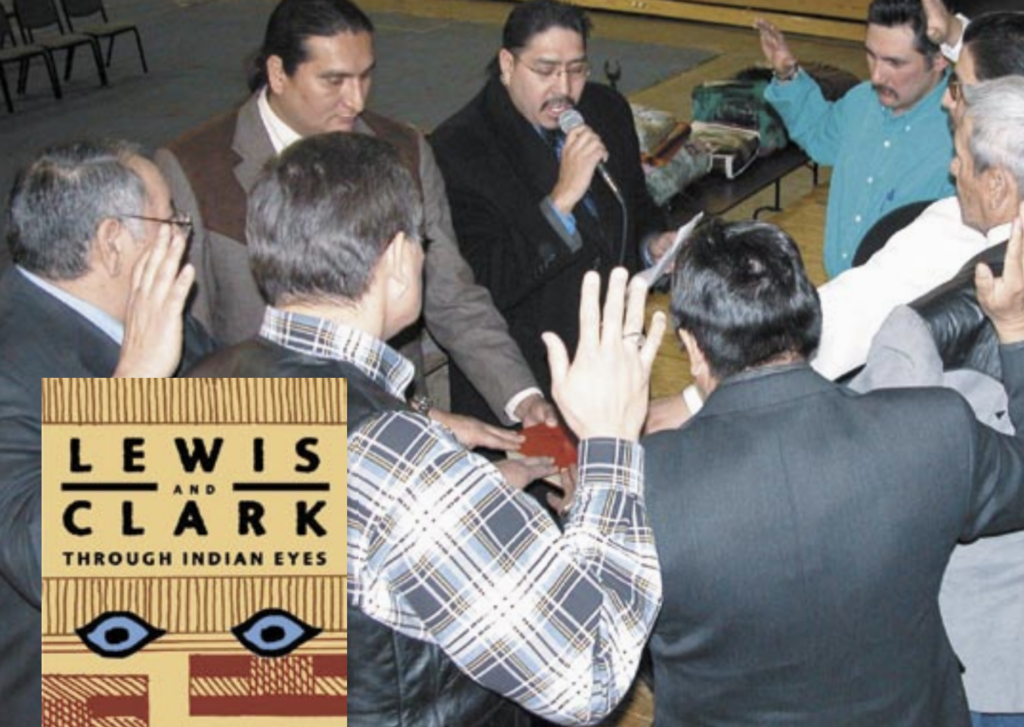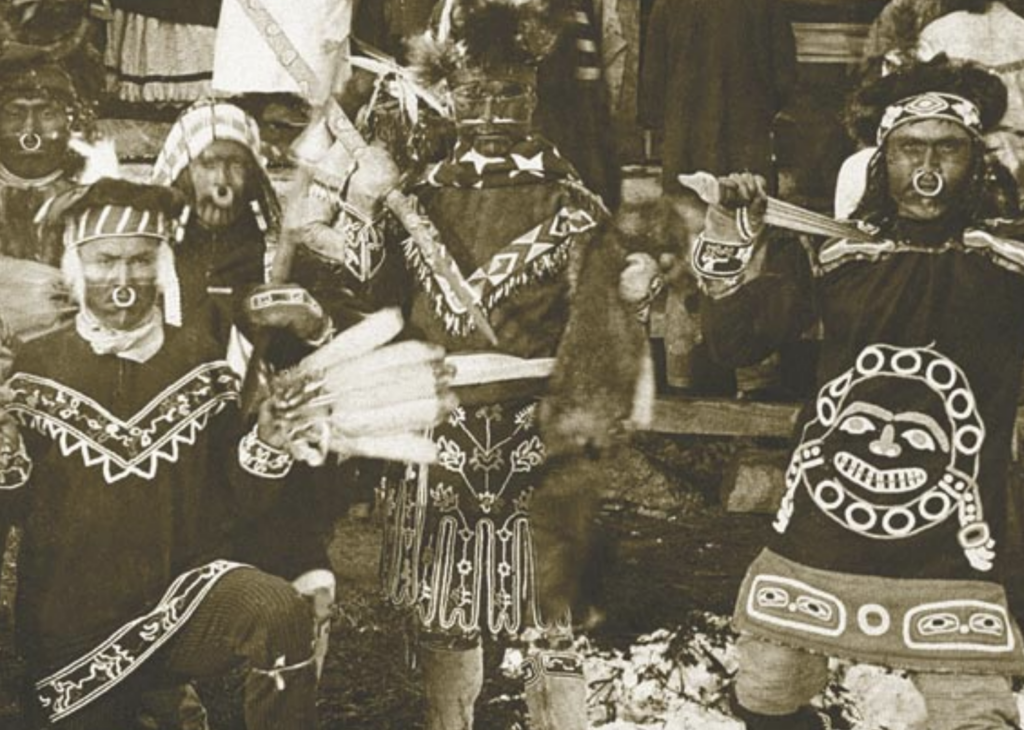All Research:
Water Conservation
Only a Market Can Clean Up the Bay
Chesapeake Bay orthodoxy needs a reality check
Blue Ribbon Management for Blue Ribbon Streams
Partnerships benefit Northwest Fisheries
The Quest for More Water –
If you can’t dam, divert, or drill, it’s time to consider allocating water through markets.
Letters to the Editor
The 19th Century Comanche
These Plains Indians had a legal system based on accepted rules of conduct and individual rights.
Self-Determination –
A return to property rights and the rule of law would restore economic strength and stewardship to American Indian Economies.
American Indian Collectivism
Indian Sovereignty –
A Modern Potlatch?
British Columbia could resolve its conflicts over salmon by an auction that resembles the ‘rivalry potlatches’ of the past.
